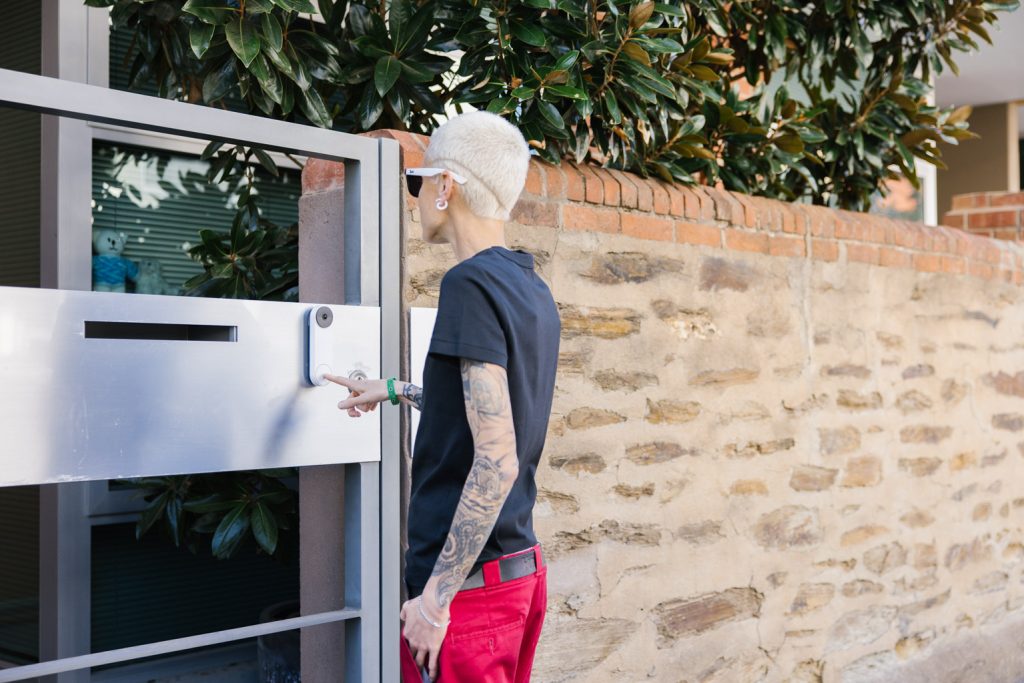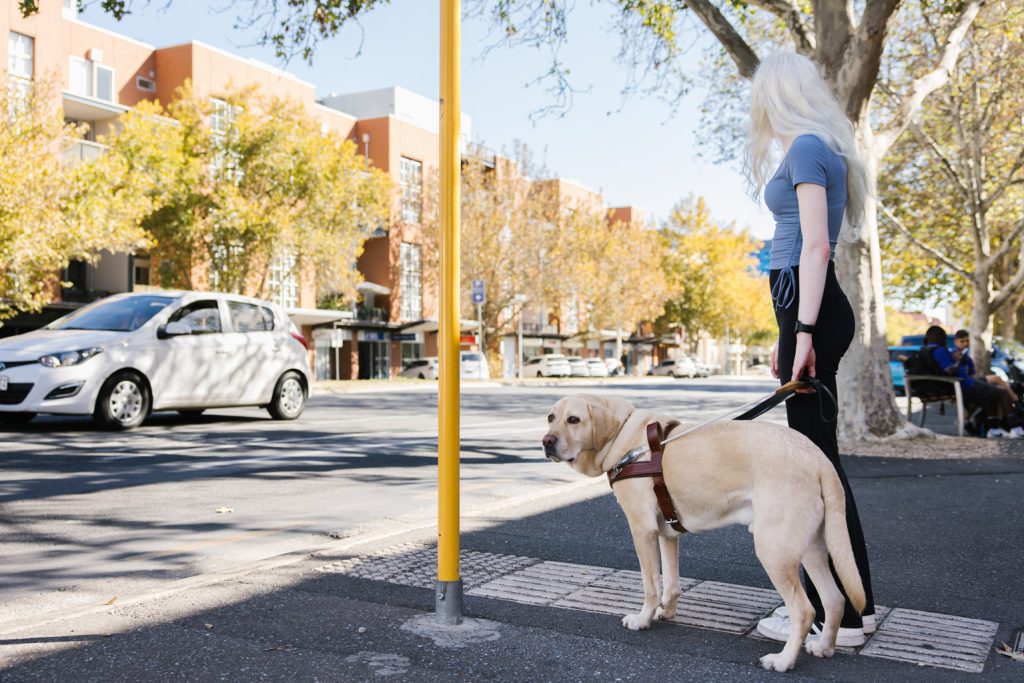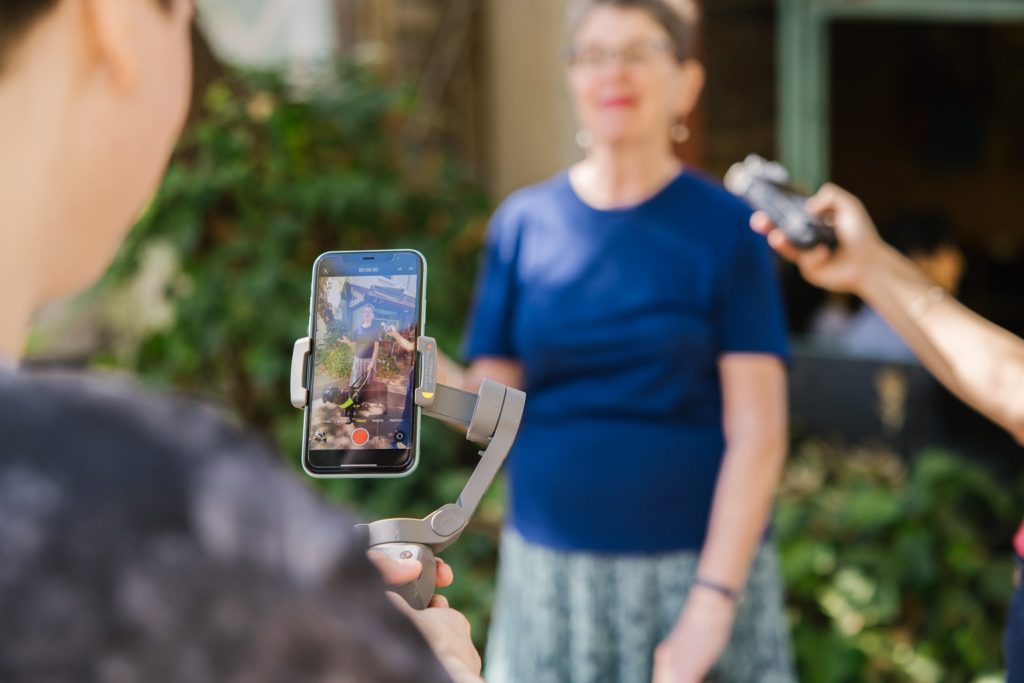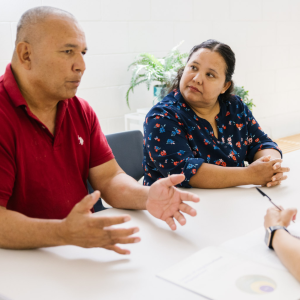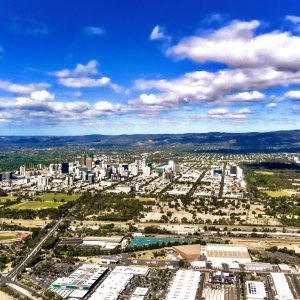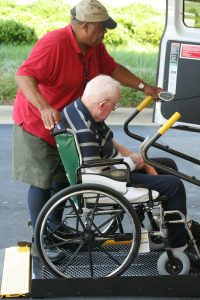People with disability have the right to choose where they live and who they live with. But inaccessible housing, financial pressures and inadequate transport still create barriers to independence and participation. We push for stronger construction standards that deliver accessible housing as the norm — not the exception. We also call for reliable, accessible public transport that meets the needs of everyone. By working with people with disability, government and service providers, we’re driving change towards systems that include everyone from the start.
- Address 104 Greenhill Road, Unley SA 5061
- Phone (08) 8373 8388 or 1300 857 327
- Email admin@purpleorange.org.au
- ABN 16 464 890 778

